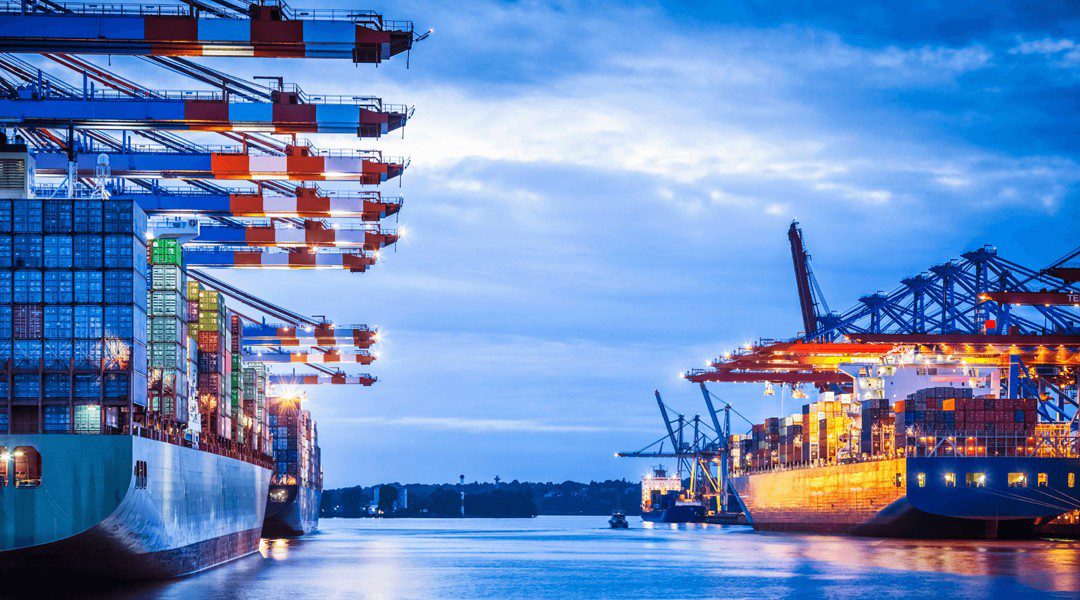The leaders of eight Baltic nations agreed in Copenhagen on
Tuesday August 20th to increase offshore wind power by up to sevenfold by 2030.
And the language of wind energy has changed. While accepting that the investment
would be a factor in the fight against global warming, the nations stated
bluntly that the primary objective of the commitment was to help make Europe “independent
of Russian energy as soon as possible.”
At a meeting in Marienborg the leaders of Denmark,
Germany, Estonia, Latvia, Lithuania, Poland, Finland and Sweden marked the
signing of a pact to “respond to Russian aggression in the field of
energy.”
Danish Prime Minister Mette Frederiksen said that “Putin
uses energy as a weapon in the war against Ukraine. We need to put an end to
this. Denmark must deliver a green alternative to Putin’s black gas.”
The long-term aim is to increase the region’s offshore
wind capacity sevenfold, from less than three gigawatts today to nearly 20
gigawatts by 2030.
However, renewables were not even at the top of the
agenda. First was the need for deeper collaboration on increasing the amount of
fuel imported by sea, including LNG.
German and French natural gas reserves were at
better-than-expected levels heading into the winter months, but if Russian
state energy firm Gazprom fully shuts off the tap (which it did for three days
from August 30th) alternative import routes (i.e., by sea) will need to be put
in place as quickly as possible.
Offshore wind was the second, longer-term element of the
agreement. It was agreed that the cooperation would need to go beyond just
planting more wind turbines. Stronger grids and international subsea
interconnectors, as well as international onshore transmission infrastructure, would
all be necessary.
The participants also pledged to cooperate on
cross-border renewable energy and transmission projects, opening the
possibility for leases that cross national EEZ boundaries.
The partner nations promised to work on faster national
permitting timelines. The sclerotic pace of infrastructural development within
the EU is infamous, and obtaining offshore wind permissions in the EU has been
known to take many years. The European Commission has said that reform of this
in order to accelerate the process was a priority, but it is not yet clear how
this can be achieved within the political structure of the EU.






